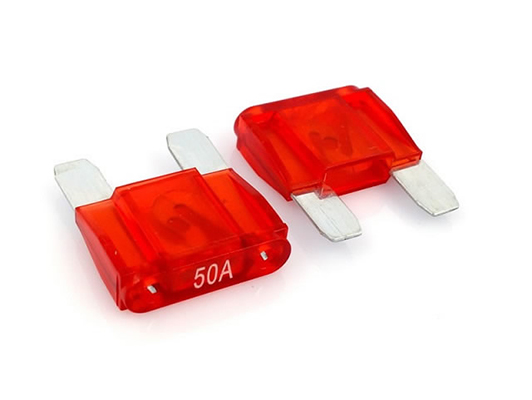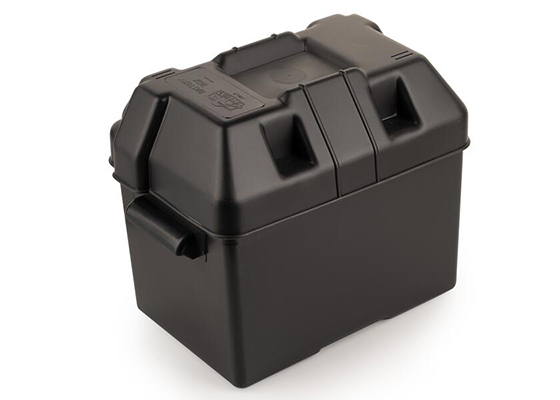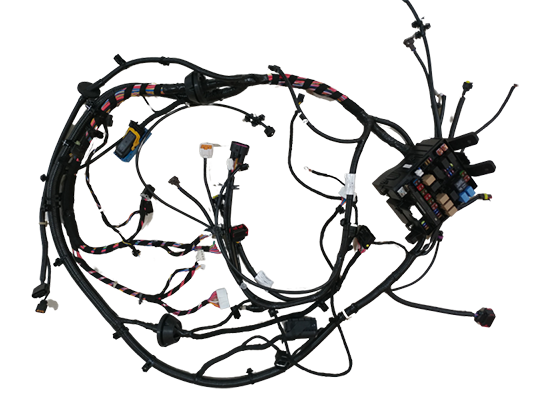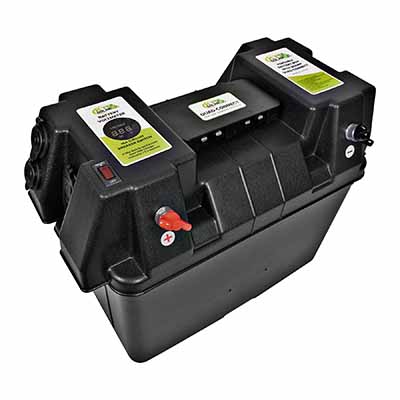Optimizing Vehicle Safety with Advanced Car Fuses for GPS Tracking Systems
News 2025-10-13
Car fuses play a crucial role in protecting GPS tracking devices installed in vehicles, ensuring reliable operation and safeguarding against electrical faults. These components act as essential safeguards, preventing damage from overloads or short circuits that could disrupt tracking functionality. In modern vehicles, GPS trackers monitor location, speed, and other data, making fuses vital for maintaining system integrity during long drives or in harsh conditions. By integrating high-quality fuses, users enhance device longevity and overall vehicle safety, particularly in fleet management or personal security applications.

Key Features of Car Fuses
Car fuses for GPS tracking devices come with specific attributes that boost performance. They are designed with precise amperage ratings to match the power needs of trackers, avoiding unnecessary trips that could halt operations. Materials like ceramic or blade-style fuses offer resistance to heat and vibration, common in automotive environments. This durability ensures consistent protection, allowing trackers to function accurately even on rough terrains. Manufacturers often include fast-acting mechanisms to quickly interrupt circuits, minimizing risks to sensitive electronics and preserving data accuracy.
Application Scenarios in Vehicles
In various settings, car fuses protect GPS trackers effectively. For instance, in delivery trucks, they safeguard against power surges during frequent stops and starts, keeping trackers online for real-time monitoring. In personal cars, fuses prevent failures in anti-theft systems by handling electrical fluctuations from engine starts. Emergency services rely on these fuses in ambulances to maintain uninterrupted GPS signals during critical responses. Their role extends to electric vehicles, where they manage higher voltages, ensuring trackers integrate seamlessly with advanced dashboards.
Performance Advantages
Car fuses provide notable benefits for GPS tracking devices, including enhanced reliability and efficiency. They reduce downtime by quickly addressing faults, which is essential for applications requiring constant connectivity. Compared to basic alternatives, these fuses offer better heat dissipation, extending the lifespan of trackers in demanding conditions. Their compact design allows easy installation without altering vehicle wiring, making them ideal for upgrades. Users experience improved accuracy in location data, as fuses maintain stable power, supporting features like geofencing and alerts.
Frequently Asked Questions
1. What amperage fuse should I use for a car GPS tracker?
A fuse with 5 to 15 amps is typically suitable, depending on the tracker’s power draw; always check the device manual for exact specifications.
2. Can a blown fuse affect GPS tracking accuracy?
Yes, it can interrupt power supply, leading to temporary shutdowns and inaccurate data until replaced.
3. How often should I inspect car fuses for GPS devices?
Inspect them every six months or after any electrical issues to ensure optimal performance and prevent failures.


